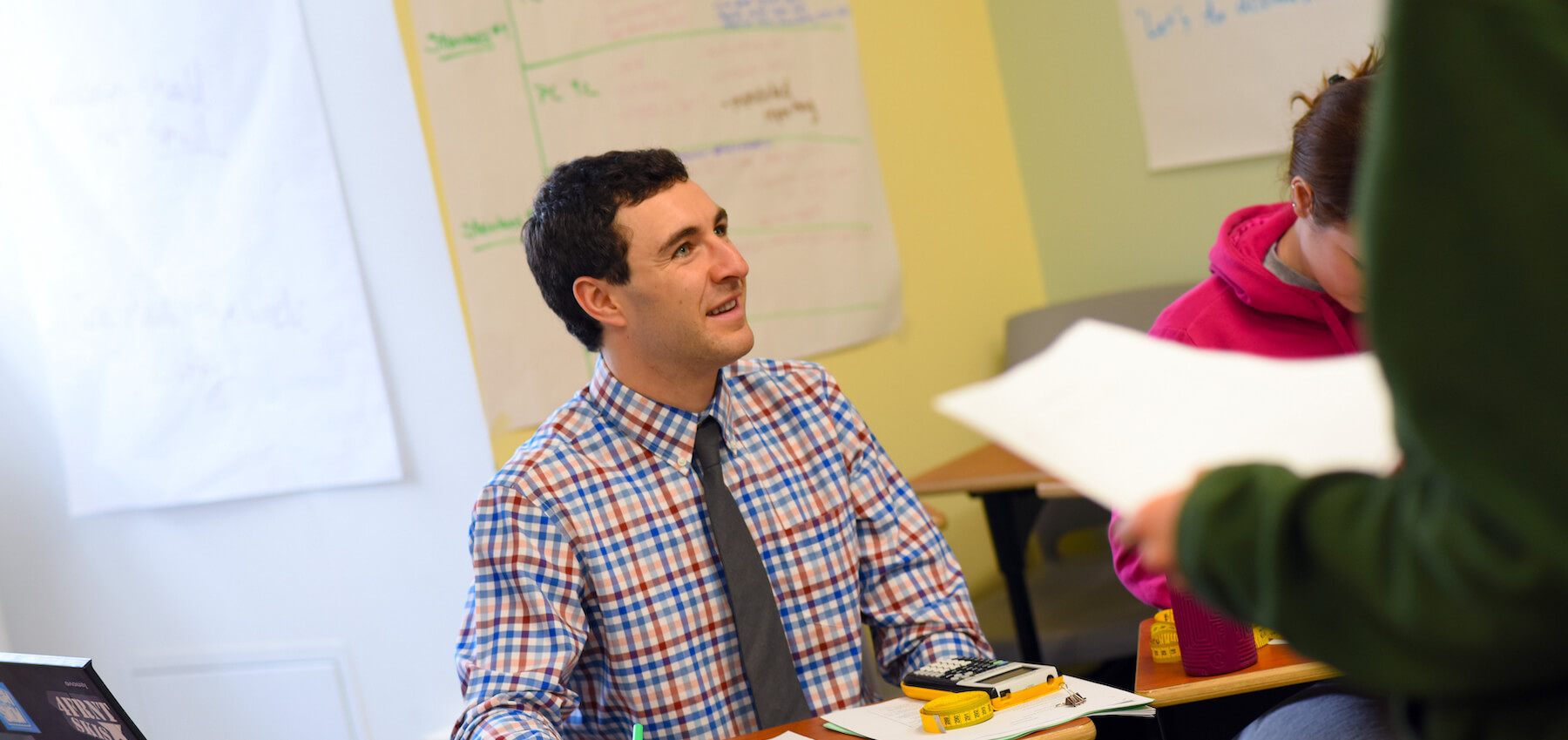Program Overview
We prepare educators and health/human service professionals to address complex challenges associated with trauma and adversity. Learn restorative, strength-based, and collaborative approaches that build resilience so children, youth, and families can thrive.
What You Gain
- Deep socio-ecological understanding of the impact of trauma and adversity and structural solutions inherent in equity, culturally sustaining partnerships, and resilience.
- A toolbox of skills for fostering resilience through building and restoring relationships with families, schools, and communities.
All coursework is online, though some electives may be met with on campus courses.
Choose Your Pathway
- Trauma-responsive and Restorative Practices (TRP)
- Family-school-community partnerships and interprofessional collaboration (FSC)
The Certificate of Graduate Studies (GCS) can stand alone as a defined certificate of graduate study or can stack into our master’s degree programs in Advanced Specialties is Educational Practices (ASEP), Counseling, Educational Leadership and Policy Studies, Social Work, and Special Education, or our doctoral degree in Educational Leadership and Policy Studies.
To earn the CGS, students take 15 credits including 6 credits of foundational courses, 6 credits of applied courses in a specialization pathway, and a 3 credit of capstone course applying skills and learning from earlier coursework.
View Coursework Requirements
To be a stackable credential, students must apply and be accepted into the CGS before the last 9 credits are taken. Students then apply to an appropriate master’s or doctoral program to use the CGS credits towards that degree.
Micro-Certificates of Graduate Study
Three optional micro Certificates of Graduate Study (mCGS) provide targeted pathways to obtain a graduate credential that can be completed in one year or stacked into future graduate programming. These mCGS allow students to focus study on one specific part of an already approved CGS. The online format allows flexibility for working professionals.
Funding and Scholarships
Learn more about our funding and scholarship opportunities.
Apply
Read the Admissions section/tab on this page before you apply.
Online Application
Contact Us
- Please email rgvogel@uvm.edu if you have questions.
- Complete the inquiry form below. We look forward to hearing from you.



